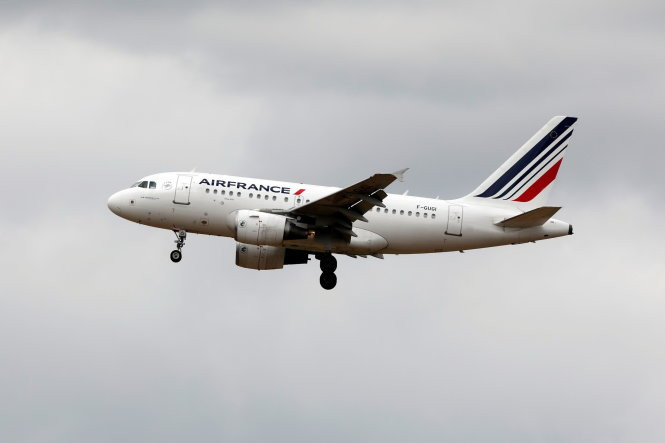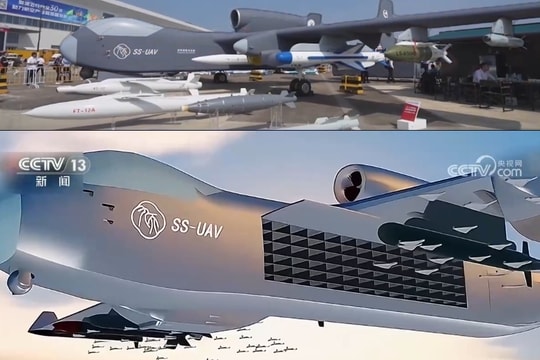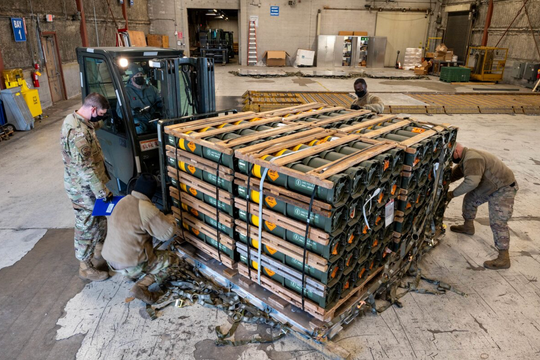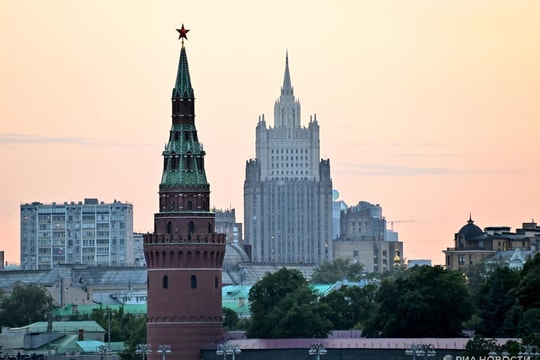Aircraft fear North Korean missile launch
Since the beginning of the year, Pyongyang has carried out 14 missile launches, but the one on the evening of July 28 is the most talked about.
 |
| Air France plane. Photo: Reuters |
In fact, the intercontinental ballistic missile (ICBM) launch on the evening of July 28 shocked the world because the US media later pointed out that the missile fell into the sea just over 100 km from the flight path of flight AF293.
Specifically, it crashed just 7 minutes before the Air France flight carrying 323 people arrived, according to information from the US CNN station.
Air France confirmed that flight AF293 took off from Tokyo-Haneda International Airport in Japan at 10:55 p.m. on July 28 to Paris. According to the airline, its plane flew on a legal route, far from North Korea's restricted airspace.
Air France said that the safety of the flight was not threatened that evening, but "after reviewing this missile test, we decided to establish a wider no-fly zone to stay further away from North Korean territory," AFP news agency quoted a statement from Air France issued on August 3.
In the surprise launch on the evening of July 28, Pyongyang's missile flew nearly 1,000km, reaching an altitude of 3,200km before falling into the Sea of Japan.
According to CNN, the missile was only about 100km away from the Air France flight when it fell into the sea, or 7 minutes in flight. To be exact, the missile fell at a distance of 16km from the two common air routes.
Responding to RFI, Air France confirmed that flight AF293 "carried out in accordance with the flight plan and no incidents were reported afterwards. The flight followed the route that many airlines are using to fly from Japan to Europe."
"Even if the missile fell at a distance of more than 100km, it would not raise any doubts about the safety of the flight," Air France said.
Air France assured that it "continuously coordinates with the authorities to analyze risky flight areas to adjust flight routes accordingly."
In an interview with CBS about the incident, aviation safety expert Mark Rosenker confirmed that the world's civil aviation system is not prepared for unexpected missile launches like North Korea's: "I don't believe that air traffic control can warn aircraft that a missile might fly across the flight path."
North Korea has alarmed the international community with its weapons development program, and in July conducted two intercontinental ballistic missile (ICBM) tests. This was the first time Pyongyang had demonstrated its ICBM capabilities.
After last week's test launch, experts said New York City could be within range of North Korea's intercontinental ballistic missile.
According to Tuoi Tre
| RELATED NEWS |
|---|







